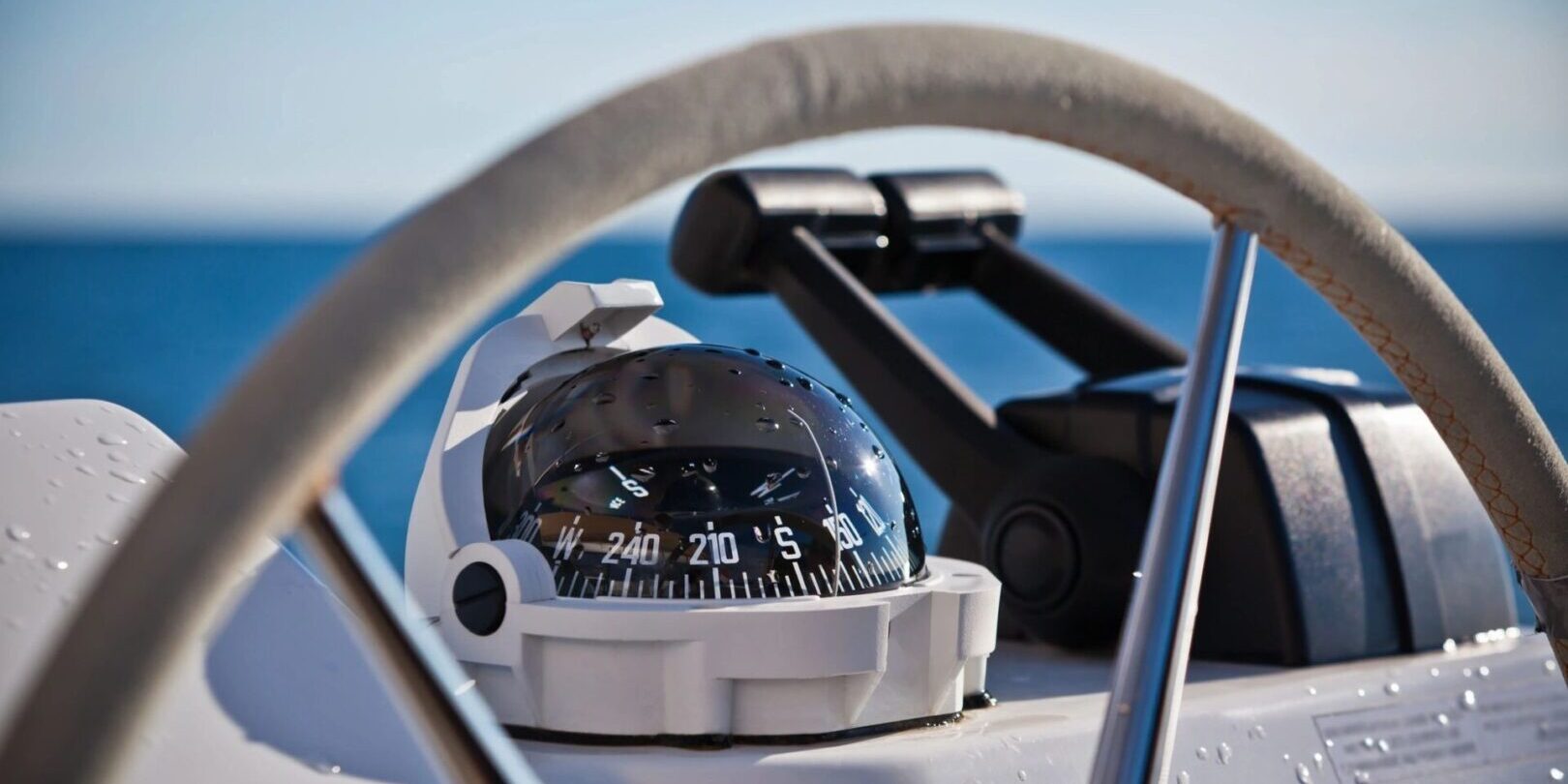
Boater Safety
Hitting the lake or river for some recreation may be at the top of your list this summer. Before launch, you need to be familiar with all requirements and safety standards. Let us take a look at the requirements by state.
Missouri – In Missouri, to legally operate a motorboat or personal watercraft (PWC), an individual must be at least 14, unless under the direct, onboard supervision of a parent, guardian, or another person above 16. Operators must complete a boater education course, and a certification card must be onboard and handy for inspection by law enforcement. You can complete a boater education course here: https://www.boat-ed.com/missouri/sign-up/.
The following are illegal practices in Missouri:
- Boating in restricted areas without regard for other boaters or persons, posted speeds or wake restrictions and diver down flags.
- Boating while under the influence of alcohol or drugs
- Chasing, harassing or disturbing wildlife with your vessel
- Exceeding night speed limits
- Operating a motorboat or PWC at speeds that may cause danger, injury, damage or unnecessary inconvenience.
- Operating a motorboat or PWC at speed greater than an idle speed or slow, no-wake speed within 100 feet of a dock or pier, an occupied, anchored vessel, a buoyed restricted area or areas where damage may be caused from the wake.
- Failure to display skier-down flags or not keeping a proper distance from a displayed flag.
The following are considered unsafe conditions:
- Overloading – loading a vessel beyond the recommended capacity shown on the capacity pale installed by the vessel manufacture (these are typically located near the steering column)
- Allowing passengers to ride on the bow, gunwale, transom, seatbacks, seats on raised decks or any other place where there is a chance of falling overboard, unless the vessel has adequate railings of at least 6 inches in height, but not more than 18 inches.
Missouri has specific laws prohibiting the operation of a vessel while intoxicated, as impairment is a significant contributor to boating accidents and fatalities. The blood alcohol concentration (BAC) limit for a BWI is 0.08%. The possession of drinking devices for rapid alcohol consumption, such as beer bongs and four-gallon containers, is prohibited on all the state’s rivers except the Mississippi, Missouri and Osage.
All vessels over 16 feet must carry at least one Coast Guard-approved personal floatation device for each person on board or being towed. These devices may not be stored in closed or locked compartments and children under the age of seven must always wear an approved floatation device while onboard any vessel unless confined in an enclosed area. All floatation devices must be in good order and correctly sized for the intended wearer, based on weight and chest size.
Kansas – Any motorboat operator under 21, not being directly supervised, must complete an approved boater education course. Anyone under the age of 20 must complete an approved education course to operate the vessel without direct supervision for sailboats. Formal education is not required for paddle sports such as kayaks, canoes and stand-up paddleboards.
Kansas also requires all boats to have one type I, II, III, or V personal floatation device of proper size and serviceable, readily available for all persons onboard or towed. Boaters under 12 are required to wear a life jacket at all times, even when anchored. Additionally, vessels must have a fire extinguisher and a sound-producing device and working lights between the hours of sunset and sunrise.
Negligent operation includes the following:
- Operating or allowing someone to operate a vessel under the influence of alcohol or drugs
- Operating within 200 feet of market swimming areas
- Operating above no-wake speed within 200 feet of a boat ramp, dock, boat storage, concessionaire’s facilities or within an area market with no wake buoys
- Operating a vessel in violation of buoy restrictions
- Failing to observe navigation rules
- Bow riding
- Weaving through waterway traffic
- Jumping the wake of another vessel
- Allowing a person who does not meet requirements to operate a vessel without direct and audible supervision
If you are towing a skier or other device, you must have a wide-angle mirror or a spotter over the age of 12. The following are illegal in Kansas:
- Operating a vessel while towing water skiers, tubers, or similar devices from one-half hour after sunset to one-half hour before sunrise
- Water-ski or manipulate any other towed device while under the influence of alcohol and/or drugs
- Operate a vessel carrying passengers or cargo beyond the safe carrying capacity
- Operating or manipulating any vessel in a manner that causes the towed device to collide with any object or person
- Displaying a skier down flag without having a person in the water after falling or waiting to begin towed
Kansas considers stand-up paddle boats, canoes and kayaks without motors to be vessels. It requires a readily accessible personal flotation device for each person, constant life preserver use by children under 12, and a lantern or a flashlight if operating between sunset and sunrise. It is illegal to operate these within designated swim areas or while under the influence of drugs and/or alcohol.
Nebraska – All vessels are responsible for any discomfort or injury to other persons or damages to property by their wake. Swimmers always have the right of way over vessels and any vessel not operating under mechanical power or an anchored vessel has the right of way to moving ship. These stagnate objects must be provided reasonable clearance so that waves are not overly disruptive. The following are considered unlawful practices:
- Operating or providing permission for the operation of a vessel that is not equipped as required
- To exceed posted or charted speeds in any specific area or zone
- Exceeding the rate of 5mph within 30 years of any vessel, harbor, marina, landing pier, fishing pier, anchorage or swimming beach
- Wake jumping within 50 years of another craft
- Operation of a vessel with a BAC exceeding 0.08%
- Personal watercraft operation between sunset and sunrise
- Operation within marked off areas
- Swimming or bathing within 20 yards of launching, mooring or docking areas
- Tying or attaching a vessel to any buoy, marker or navigational aid
- Place or leave an unsafe vessel into public waters
- Persons under the age of 13 not wearing a Coast Guard-approved life preserver
- Operation of any vessel by persons under the age of 14
- Operating a personal watercraft without wearing the manufacturers emergency cutoff switch
- Operating a motorboat from October 15 to January 15 in the state wildlife areas of Garden County Refuge, North Platte River, Lincoln County Refuge, Dodge-Saunders County refuge, Platte River, Boyd-Holt Country Refuge and the Niobrara River
Boaters can work together to ensure everyone’s safety. Always be vigilant while on the water to avoid injury to yourself and/or others.





